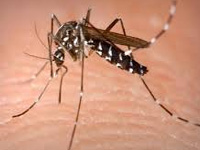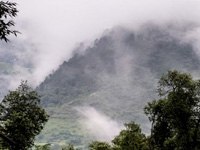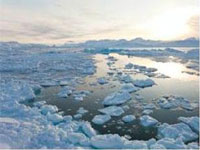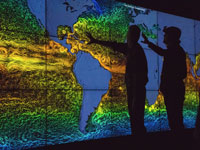To save the planet, first save elephants
Wiping out all of Africa’s elephants could accelerate Earth’s climate crisis by allowing 7% more damaging greenhouse gases into the atmosphere, scientists say. But conserving forest elephants may reverse
Wiping out all of Africa’s elephants could accelerate Earth’s climate crisis by allowing 7% more damaging greenhouse gases into the atmosphere, scientists say. But conserving forest elephants may reverse

Scientists have discovered crucial new processes that allow malaria parasites to escape red blood cells and infect other cells, offering potential new treatment targets. The researchers are working with
Rapid urbanisation and associated changes in people’s lifestyle means Africa faces a growing obesity problem. Across the continent the share of the urban population is projected to increase to 50% by 2030

SHIMLA: The first snowfall of the season on Tuesday might have come as a surprise for many, but the weather scientists are not surprised at all with the dry spell that lasted for almost two months since
An incredible 155 million children around the world are chronically undernourished, despite dramatic improvements in recent decades. In view of this, the UN’s Sustainable Development Goals include Zero
Scientists at the University of Cambridge have discovered that fuel cells can be powered by living algae, which is five times more efficient than current models. According to a statement, it is thought
Chinese researchers have found a major quantitative trait locus (QTL) that can be used to cultivate high-manganese, low-cadmium rice, the Chinese Academy of Agricultural Sciences (CAAS) said in a statement

MIAMI: An increasingly warm Arctic, where temperatures rise twice as fast as the rest of the planet and ice melts at an alarming pace is the "new normal," warned a global scientific report on Tuesday.

PARIS: The heads of several of the world's space agencies have proposed the creation of a climate observatory to pool acquired data and share it with scientists around the globe, according to a declaration
To help untangle fact from speculation, Cornell climate scientists and their colleagues have developed a “robust null hypothesis” to assess the odds of a megadrought – one that lasts more than 30 years
The study involved researchers from Tenwek hospital, US National Cancer Institute, University of Missouri and Mayo Clinic. This is one of several global efforts to understand the cause for high rates of